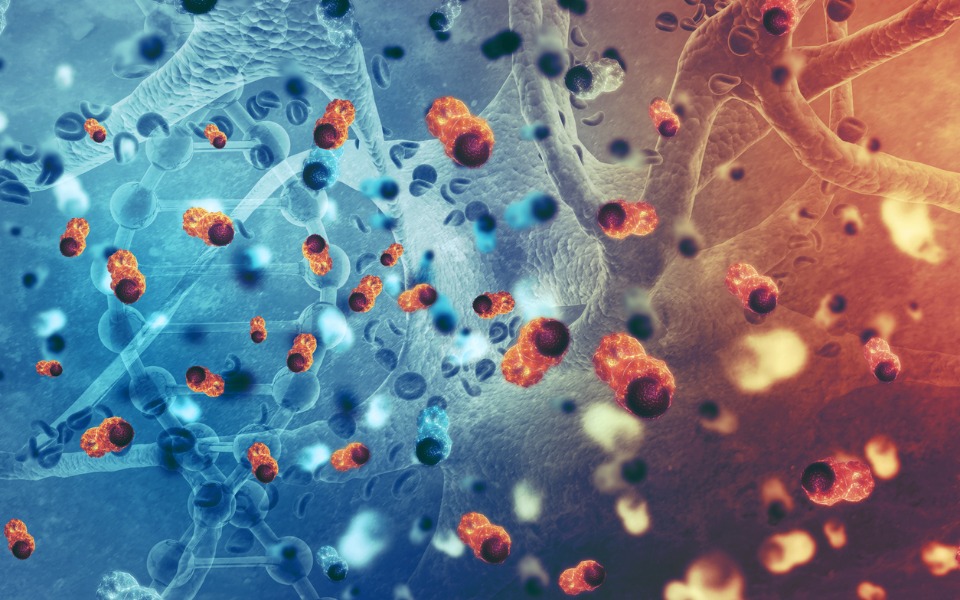
COVID has eroded cancer care; may have long-term impact: research
COVID disruptions have led to a substantial drop in cancer screening, resulting in missed or delayed diagnoses and more deaths, says a study

The onslaught of COVID has significantly impacted cancer care in India. There has been a substantial decline in screening of patients, which in turn may lead to missed or delayed diagnoses, according to a study published in the journal Lancet. A result of this could be more patients requiring acute oncological care at more advanced stages, as well as more cancer-related deaths, it added.
“The diagnosis and management of cancer is time sensitive and is likely to be substantially affected by these disruptions,” said the study. Even in normal times, the majority of the population has inadequate access to cancer care, it noted, adding that the pandemic and resultant lockdown accentuated the problem.
Study method
The researchers conducted a study across 41 cancer centres that are members of the National Cancer Grid of India. It looked at the provision of oncology services between from March 1 to May 31, 2020, and the corresponding period in the previous year.
Also read: ‘Don’t speak in Malayalam’ order to Keralite nurses withdrawn after outrage
The data gathered included those related to “new patient registrations, number of patients visiting outpatient clinics, hospital admissions, day care admissions for chemotherapy, minor and major surgeries, patients accessing radiotherapy, diagnostic tests and palliative care referrals.”
It found that during the three-month period in 2020, new patients registered declined about 54%, from 112,270 to 51,760. There was also a 36% fall in hospital admissions, 37% drop in outpatient chemotherapy, and 38% reduction in pathological diagnostic tests.
Fear, logistics issues
In April-May 2020, when the country was in the throes of a strict lockdown, the reductions were even greater. “This reflects a combination of fear of infection and the logistical restrictions due to the lockdown,” said the study.
“Cancer screening was stopped completely or was functioning at less than 25% of usual capacity at more than 70% of centres during these months. Reductions in the provision of oncology services were higher for centres in tier 1 cities than tier 2 and 3 cities,” it added. This may be due to the fact that the first wave of COVID had a greater impact in metros and other big cities than smaller towns and villages.
While the impact of the pandemic and lockdown on cancer care may appear a temporary one on the surface, the long-term impact of “cessation of cancer screening and delayed hospital visits on cancer stage migration and outcomes” are likely to be substantial, said the Lancet study.
Long-term impact
As per its estimates, the reductions in cancer care usage will result in 83,600 to 111,500 missed diagnoses, 83,600 to 111,500 patients requiring oncology services at more advanced stages in the next two years, and 98,650 to 131,500 excess cancer-related deaths over the next five years.
Apart from cancer care, COVID impacted educational and research activities in oncology, too, said the report. “Education and training sessions for oncology and allied trainees were held less frequently than the same period in 2019 in most centres. Cancer research activities also decreased compared with the pre-COVID-19 period,” it noted. “Overall, cancer care services decreased considerably across centres regardless of geographical location or city classification.”
The cancer care centres also felt the financial impact of the pandemic-led disruptions. Many centres launch teleconsultations and video consultations to reach out to patients, and yet most did see reduced income during the March-May 2020 period, the study found out.

